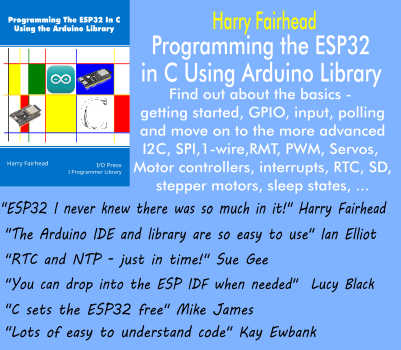| A Quantum Computer Finds Factors |
| Written by Mike James | |||
| Tuesday, 21 August 2012 | |||
|
The Shor quantum factoring algorithm has been run for the first time on a solid state device and it successfully factored a composite number. Is this the start of the quantum computing revolution? Quantum computing is promised to provide many amazing advantages, but the one that is uppermost in the collective consciousness is its ability to factor numbers. The reason for this concern is that the Public Key Infrastructure (PKI) depends on the factoring of large numbers (600 digits or more) being a difficult task for a standard algorithm. In simple terms, public cryptography depends on the asymmetry between multiplying two primes together - easy - and factoring the number that results - difficult. A quantum computer, on the other hand, promises to factor a number of any size in one operation and, if one can be built, the future of the PKI looks bleak and we would have to find encryption methods that were safe against a quantum attack. Until recently the idea of factoring using a quantum computer was just that - an idea. Actually making a quantum computer is a difficult task because of the need to maintain an entangled state between the quantum bits - qubits. This is a task that gets more difficult as the number of qubits increases.
Now a team from UCSB has managed to build and operate a quantum circuit composed of four superconducting phase qubits. The complexity of operating these quantum elements required building a control system that allows for precise operation and a significant degree of automation. This prototype will facilitate scaling up to larger and more complex circuits. However, there are still a few computer scientists who believe that a useful quantum computer cannot be built because there is some deep law of nature that makes it more difficult the more qubits you try to use. In this case the design creates entangled bits faster than before and the team verified that entanglement was happening using quantum tomography. The final part of the experiment implemented the Shor factoring algorithm using 15 as the value to be factored. In 150,000 runs of the calculation, the chip gave the correct result 48% of the time. As Shor's algorithm is only supposed to give the correct answer 50% of the time, this is a good result. Of course, factoring 15 isn't something that is going to threaten the PKI and cryptography in general, but factoring larger numbers is just a matter of increasing the number of qubits and this approach does seem to be a scalable solid state approach. More InformationPaper published in Nature Physics (subscription required): http://www.nature.com/nphys/journal/vaop/ncurrent/full/nphys2385.html Preprint(free pdf): Computing prime factors with a Josephson phase qubit quantum processor Related Articles$100,000 Prize For Proving Quantum Computers Are Impossible NYT on the Future of Computing
Comments
or email your comment to: comments@i-programmer.info
To be informed about new articles on I Programmer, install the I Programmer Toolbar, subscribe to the RSS feed, follow us on, Twitter, Facebook, Google+ or Linkedin, or sign up for our weekly newsletter.
|
|||
| Last Updated ( Tuesday, 21 August 2012 ) |


